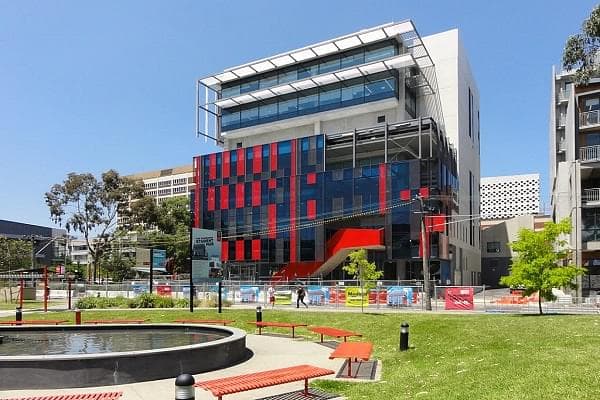Bachelor of Laws / Bachelor of Media and Communication at Swinburne University of Technology
Melbourne, Australia
- Tuition Fee AU$ 37,000
- Country Rank-
- Duration60 Months
- Score IELTS: 6.5 TOEFL: 79
Program Overview
The Bachelor of Laws/Bachelor of Media and Communication combines studies in commercial law, emphasising intellectual property law, with the knowledge to specialise in the media, communications and multimedia industries.You'll learn about trademarks, patents and designs, copyright, the prohibition of misleading or deceptive conduct and competition law, and gain the skills to protect the rights of those who innovate or create.You'll also develop professional communication skills and learn how the media is evolving through an examination of issues such as ownership, control of the media and the impact of new media technologies on society.Work Integrated Learning is a guaranteed part of all our bachelor degrees. In this double degree, you'll complete law-related professional experience placements at organisations in Australia or overseas. You'll also be introduced to the practical aspects of legal practice through moot court scenarios and advocacy exercises.
Cost Of Studying At Swinburne University of Technology
Interest rates as low as 8.9% *
250K+
Students Assisted
800Cr+
Loan Amount Disbursed
5000+
Loans Sanctioned
